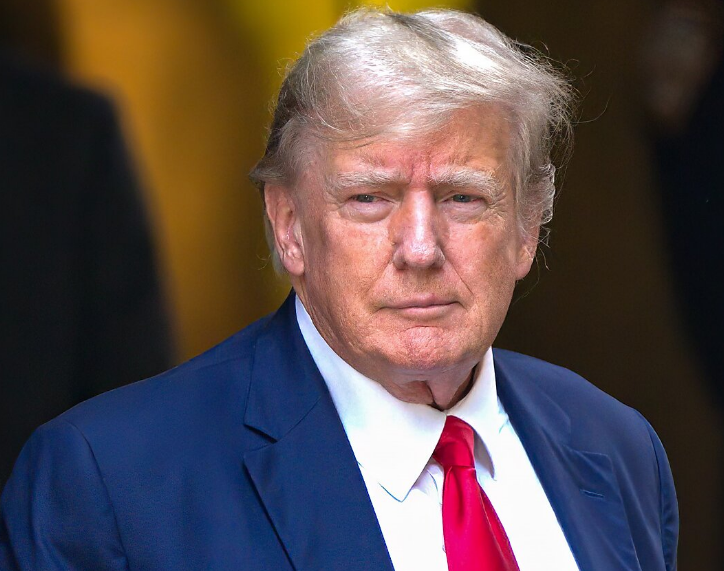The long-awaited process to downgrade marijuana’s status under federal law remains stalled, with the U.S. Drug Enforcement Administration (DEA) confirming this week that hearings have been paused. Advocates of reclassification are growing impatient, with many pointing to political pressure from President Donald Trump’s loyalists to expedite the decision. But will it be enough to push marijuana to Schedule 3 of the Controlled Substances Act?
In a quarterly update, the DEA confirmed that hearings, which were originally scheduled to review the Biden administration’s proposal to reschedule marijuana, have been suspended. This announcement comes as a growing number of Trump supporters in Washington push for action, calling for marijuana’s rescheduling to become a reality under the next administration. The stalemate is leaving many on both sides of the debate frustrated, with no immediate resolution in sight.
Trump Loyalists Weigh In on Marijuana Rescheduling
It’s not just the usual cannabis advocates who are calling for marijuana rescheduling. A group of President Trump’s staunchest supporters are stepping in, throwing their weight behind efforts to change the classification of marijuana. Many believe this group could be a key player in breaking the deadlock, especially given the growing public support for medical cannabis use.
For years, marijuana has been classified as a Schedule 1 drug – a category reserved for substances with no medical use and a high potential for abuse. This designation has been a major obstacle for research into its potential benefits, and it’s led to increasing calls for rescheduling from both medical professionals and lawmakers alike. But rescheduling marijuana has been a deeply political issue, with supporters from both sides of the aisle battling over what is seen as the best path forward.

The Paused Process and What’s Next for Rescheduling
The pause began in January, just before Donald Trump’s second term in office, and since then, there has been little progress on the issue. In fact, hearings have not resumed, even though the DEA has the power to restart the process at any time. The push to resume the hearings has been halted due to concerns that the DEA’s previous actions were biased against rescheduling advocates, prompting calls for a restart of the entire process.
As things stand, the legal and bureaucratic processes surrounding marijuana rescheduling remain a complex web. The delay has left both medical marijuana users and researchers feeling the weight of the continued uncertainty surrounding the substance’s legal status. For many, the promise of legitimate medical cannabis treatment has yet to be fully realised due to these regulatory barriers.
The Legal and Political Complications of Rescheduling Marijuana
In the background of this stalled process lies a tangled web of political and legal complications. While public opinion has steadily shifted in favour of medical marijuana use, legal barriers have remained a significant roadblock. The influence of Trump loyalists, many of whom view marijuana rescheduling as a necessary step for both public health and economic growth, has added a new layer of pressure on the administration.
Recent reports have indicated that there’s a noticeable divide within the political spectrum when it comes to marijuana reform. While Democrats have generally shown support for easing marijuana restrictions, Republicans – particularly those aligned with Trump – have become increasingly vocal in their endorsement of medical cannabis. These political shifts have made it clear that marijuana rescheduling has moved from being a niche issue to one of broader national concern.
Will Trump Loyalists Drive the Rescheduling Process?
The Trump loyalists pushing for rescheduling marijuana may hold the key to breaking the gridlock. Their involvement could influence a decisive shift in how marijuana is viewed politically, especially in the context of the 2024 election cycle. In fact, many argue that it’s only through direct action from the White House that marijuana will be successfully moved to Schedule 3 of the Controlled Substances Act.
For some advocates, this situation raises a crucial question: Will marijuana rescheduling be realised under the Biden administration, or will it take a shift in leadership to make it happen? With hearings paused and political forces at play, the answer remains uncertain.
As this situation continues to evolve, the eyes of many remain on the DEA. Will they resume hearings soon, or will the political pressure grow even stronger? Only time will tell.
